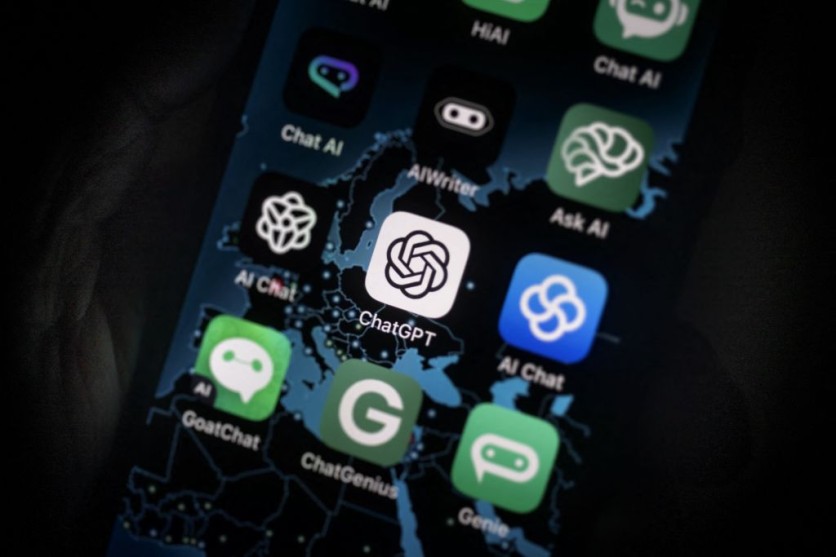Advertising giants like Nestle and Unilever are utilizing AI software like ChatGPT and DALL-E to revolutionize the advertising industry. This technology promises to streamline processes, reduce costs, and unlock new product promotion methods, but also raises concerns about copyright, security, and bias mitigation.

AI Trend
Generative AI, a modern AI innovation, is transforming various industries by creating content based on historical data patterns.
Marketing teams are adopting this technology to achieve cost-effective advertising strategies. However, challenges like security, copyright infringement, and potential biases necessitate a cautious approach with human oversight.
This AI, which uses historical data to create content, is gaining popularity in various sectors due to its promise of quicker, more affordable, and infinite advertising possibilities.
Major advertisers like Nestle and Unilever are leading this movement, using it to streamline operations and engage audiences.
Uses for Advertising
Nestle's Chief Marketing Officer, Aude Gandon, highlights the use of generative AI powered by ChatGPT and DALL-E in responding to campaign briefs with innovative ideas.
The technology inspires creative teams to refine concepts into engaging content, emphasizing the importance of human intervention and collaboration in shaping the final outcome.
The potential cost savings are significant, allowing for virtual creation and production that rivals traditional methods. WPP's collaboration with Mondelez on an AI-driven Cadbury campaign in India exemplifies the transformative power of this technology.
Bollywood star Shah Rukh Khan lent his virtual presence to an innovative campaign that generated a staggering 130,000 ads, showcasing 2,000 local stores and garnering a remarkable 94 million views across social media platforms.
Impact on the Industry
By collaborating with the University of Oxford to create an "AI for business" credential, WPP is preparing the advertising workforce for a future powered by AI.
The certificate places a strong emphasis on the need to give professionals the tools they need to successfully navigate the changing job market. Mark Read, CEO of WPP, forecasts that as businesses adopt AI-driven innovation, new possibilities will arise.
Despite using generative AI for product descriptions and visual content, major consumer goods company Unilever is aware of its ethical and legal ramifications.
The importance of striking a balance between innovation and responsibility is emphasized by Aaron Rajan, global vice president of Go To Market Technology, who also emphasizes the need to prevent AI-generated content from reinforcing human prejudices and stereotypes.
Security Measures
In its AI solutions, which use information from merchants like Walmart, Carrefour, and Kroger, Nestle and Unilever place a high priority on security and privacy.
In order to protect sensitive information from potential breaches, they advise considering communications with AI services as private talks and using caution when disclosing information.

ⓒ 2025 TECHTIMES.com All rights reserved. Do not reproduce without permission.




